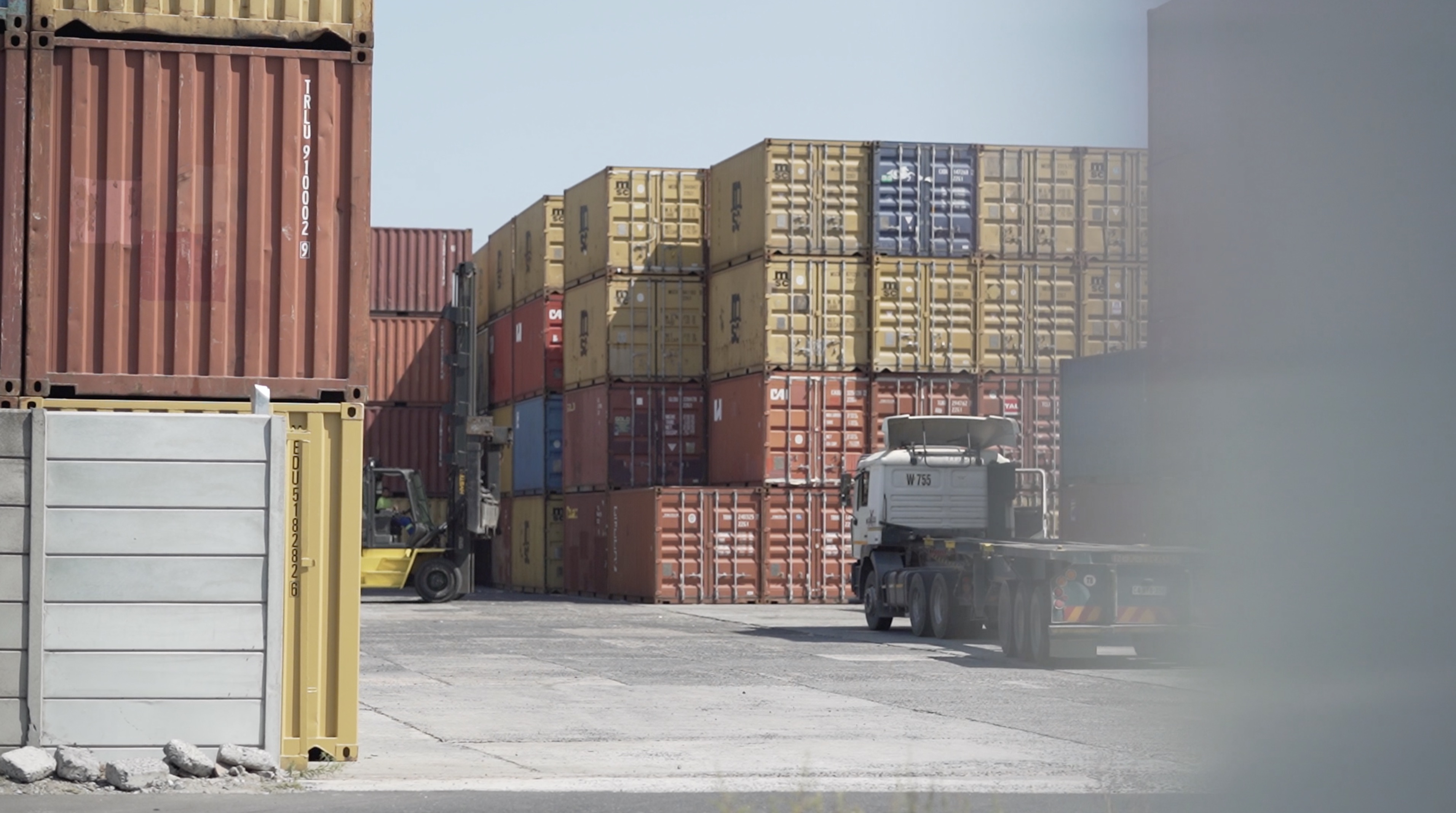Free Trade and Human Rights
Human Rights in a Free Trade Agreement
Free trade agreements are taking place as a saviour to intracontinental trading barriers. However, it is not limited to regions and continents, it is global. Often politicians are keen on seeing the Gross Domestic Product (GDP) figures rise and have scant regard for whether there are any consequence to the individuals on the ground. Within the context of free trade agreements, human rights infringement have potentially taken place where one country is worse off as a result of the agreement than before and that this loss is carried on the shoulders of individual traders.
Recently, Africa concluded the Africa Continental Free Trade Agreement (AfCFTA). This has been widely welcomed in Africa as a positive Pan-African move to lift intracontinental trade and to lessen the obstacles to trade between countries on the continent. The word "free" is stressed and the absence of the word "fair" could be a precursor to the issues that Africa could face if it is not empathetic to the current situation.
Current situation
The informal trading sector makes up a major percentage of family total income in Africa. Agriculture and food accounts for over 80% of the continental trade, ranging from small sustainable food growing to large industrial farms. Surprisingly, it is the small farms that account for most of the informal sector GDP. This is seen in casual traders that must cross borders to sell their perishables, often as the only income generator for their family. The free trade agreements focus on the reduction of tariffs and taxes but does not regulate movement and the cost thereof. Countries party to this agreement might migrate their loss on tariffs to visa costs.
Different economical and political challenges within a country could have an impact in fairness or freedom of trade between that country and others.
Human right challenges
- Women traders – Woman farmers and traders are already at a natural advantage and more so on African soil. By the time a woman can farm or trade, she has had to administer her household and family responsibilities. In Africa a woman can earn anything between 15% and 60% less than a male in the same occupation. Her investment in working capital is therefore considerably more of her disposable income.
- Cross border traders – In some countries the wait at a border to get a container across could be days instead of hours. As an informal trader this wait could be negated but not without its own problems. Bribes, assault and intimidation are some of the common threats. Females being even vulnerable to sexual harassment. Perishables in the African climate also have limited life span made worse by delays at borders that have no infrastructure to cope with these requirements.
- In an unequal society it is important that the gap is closed due to an agreement rather than widened. If the consequence is to widen such gap in countries than there is a risk of a human right infringement on that country.
- Trade barriers – a free trade agreement is meant to lessen the burden of bureaucracy and the costs of trade in terms of tariffs and duties. However due to the state of some countries this might have an unintended consequence such as violence, further delays or more cost to the individual in higher tax rates, delays etc.
Countering human rights consequences in an African context
- Borders should be controlled by both countries in one post rather than dual posts. This could alleviate costs and corruption and more importantly lessen delays.
- Visa costs should be standardised between countries party to the agreement, better yet, visa free regulations could lessen the handicap to cross border traders.
- Fighting human rights abuses in a country would mitigate the risks of vulnerable groups in cross border trading. The more efforts that are taken through regional bodies such as SADC, ECOWAS etc, the better the chance of success.
- Strengthening regional structures and uniting objectives under the African Union and ensuring conformity to goals and objectives would alleviate the gap between rich and poor countries. Would increase the sharing of technology and infrastructure to make it easier to transport, trade and share across borders.
Free trade agreements should be encouraged, and we should find more reasons to make it work rather than to discourage them. However, the politicians need to be empathetic to the conditions of the ground traders and ensure that their rights are as protected as the corporates. Countries need to be committed to fair trade by sharing technology and infrastructure in a way that makes it easier, cheaper and better to transport cross continent and store and distribute. The challenge to a successful agreement is to create a win-win situation and the only road to this objective is to ensure that the road ahead is paved through partnerships and common expectation.
